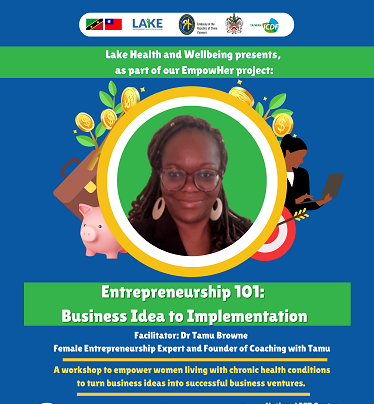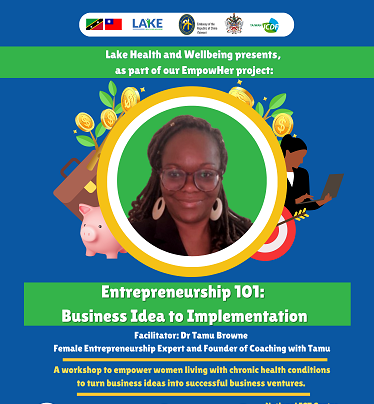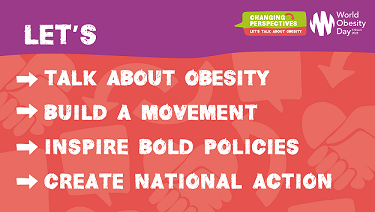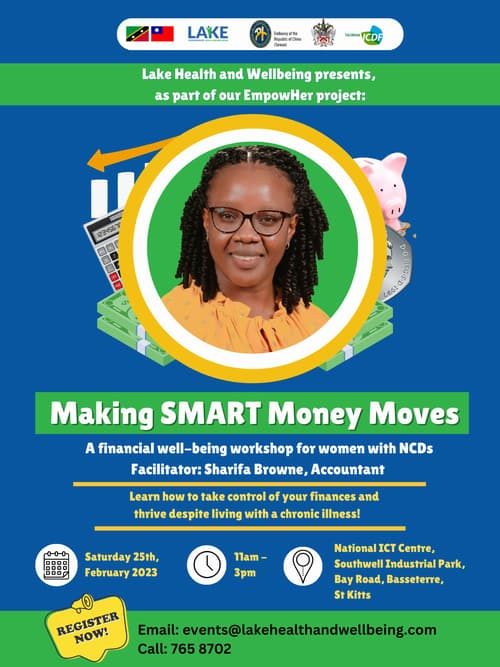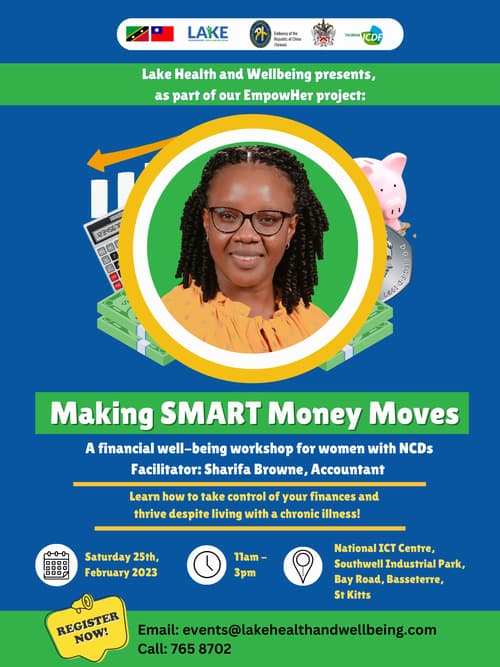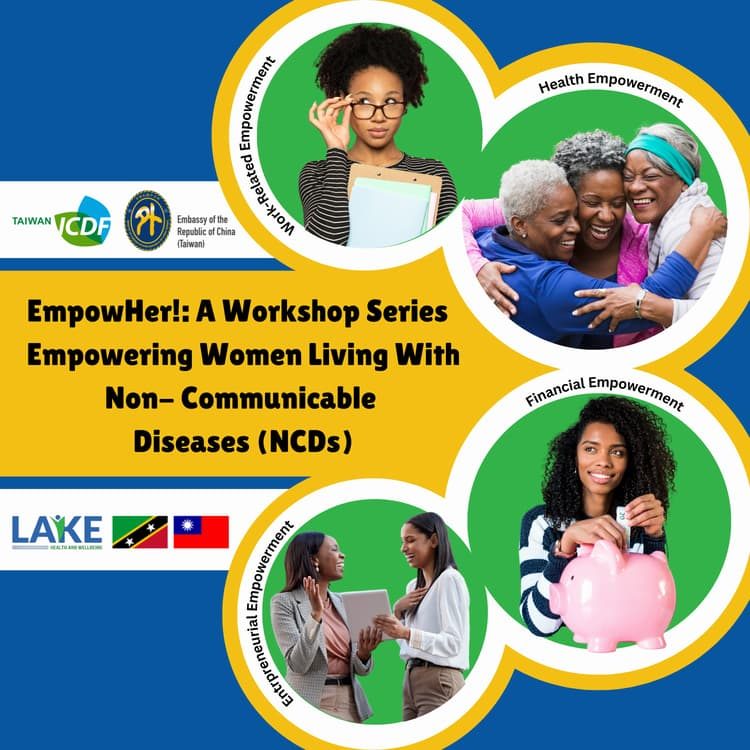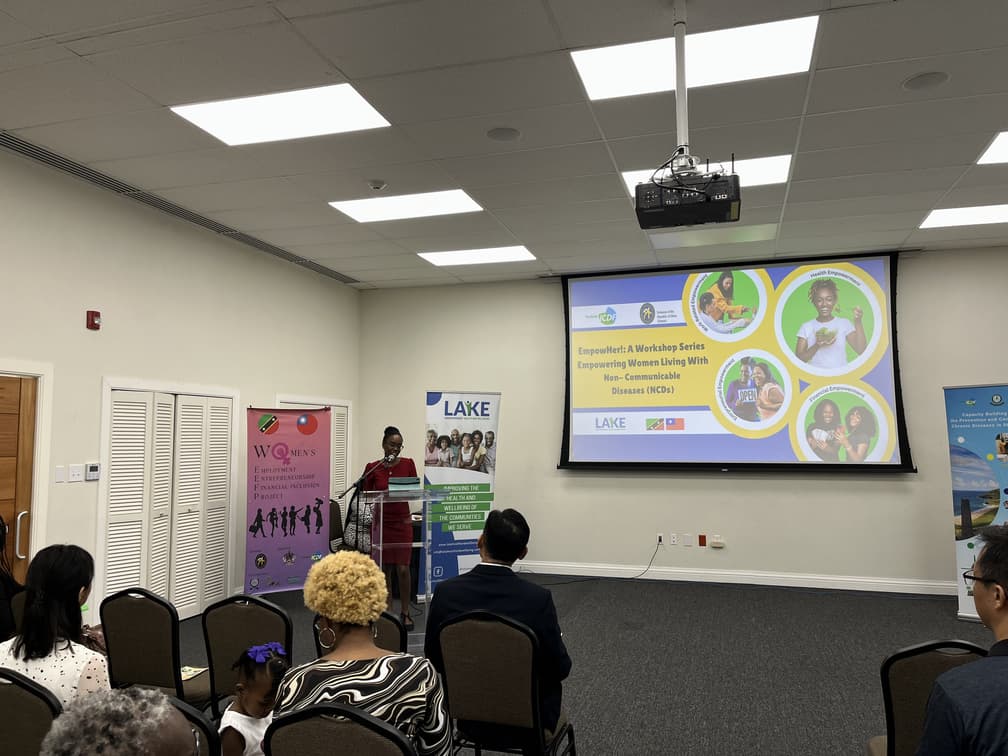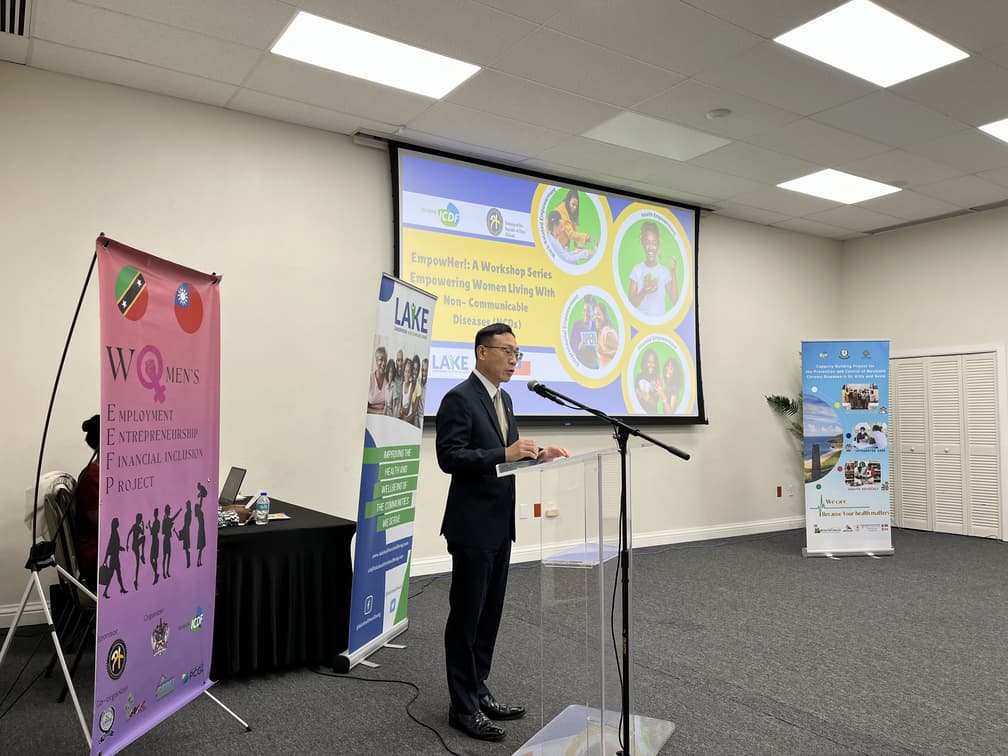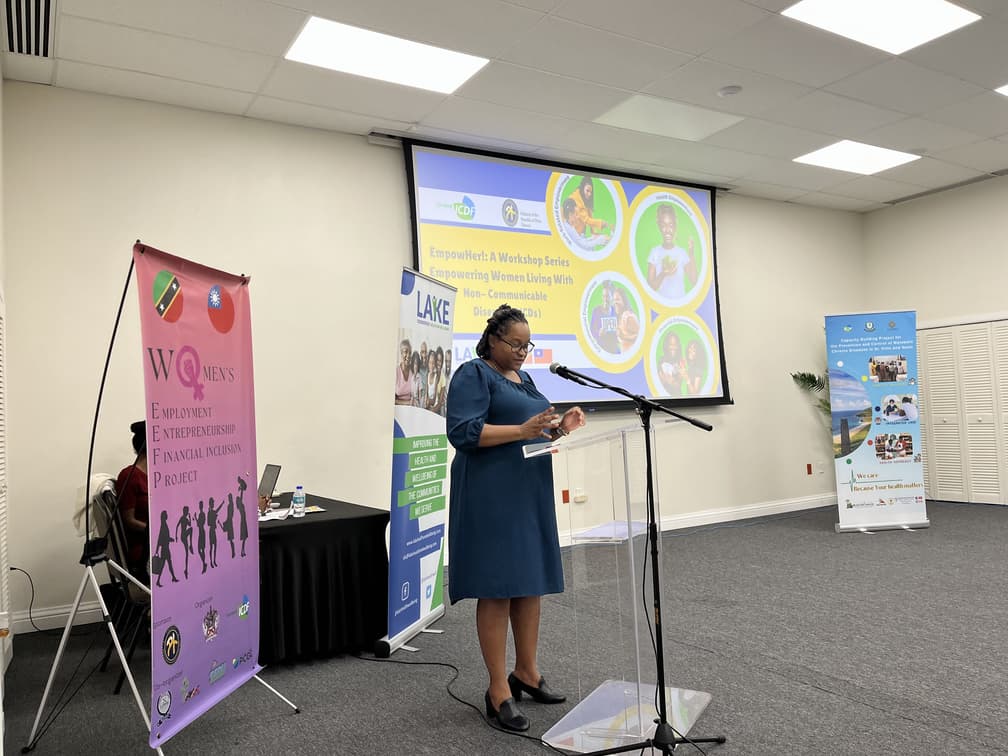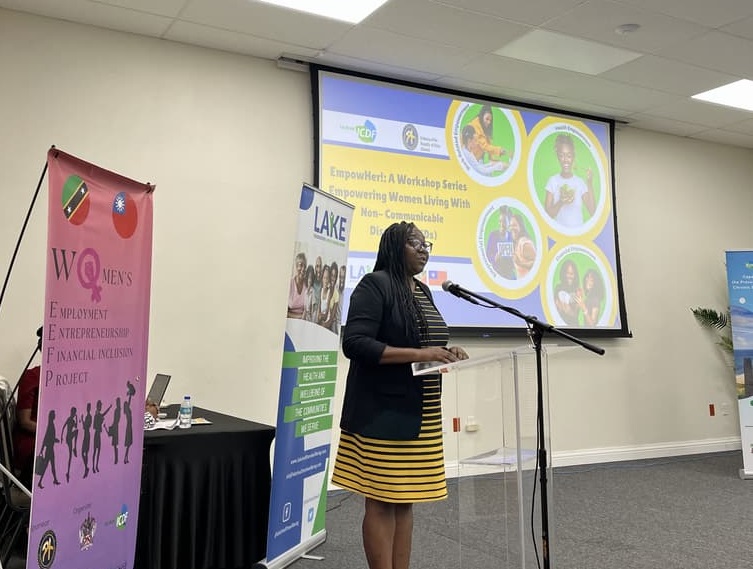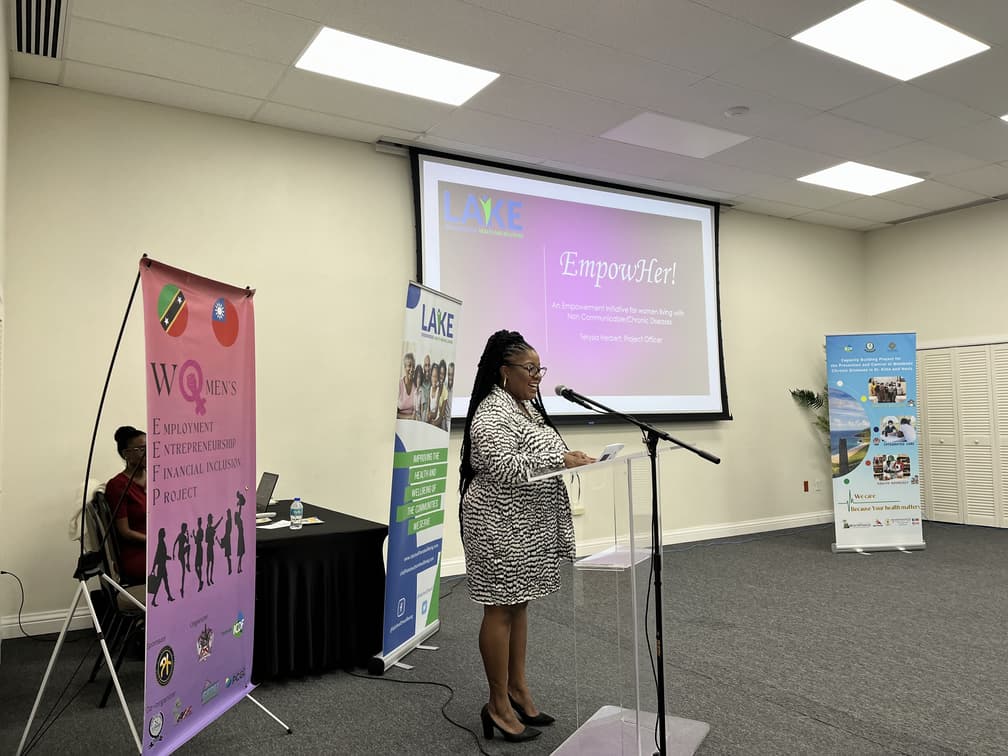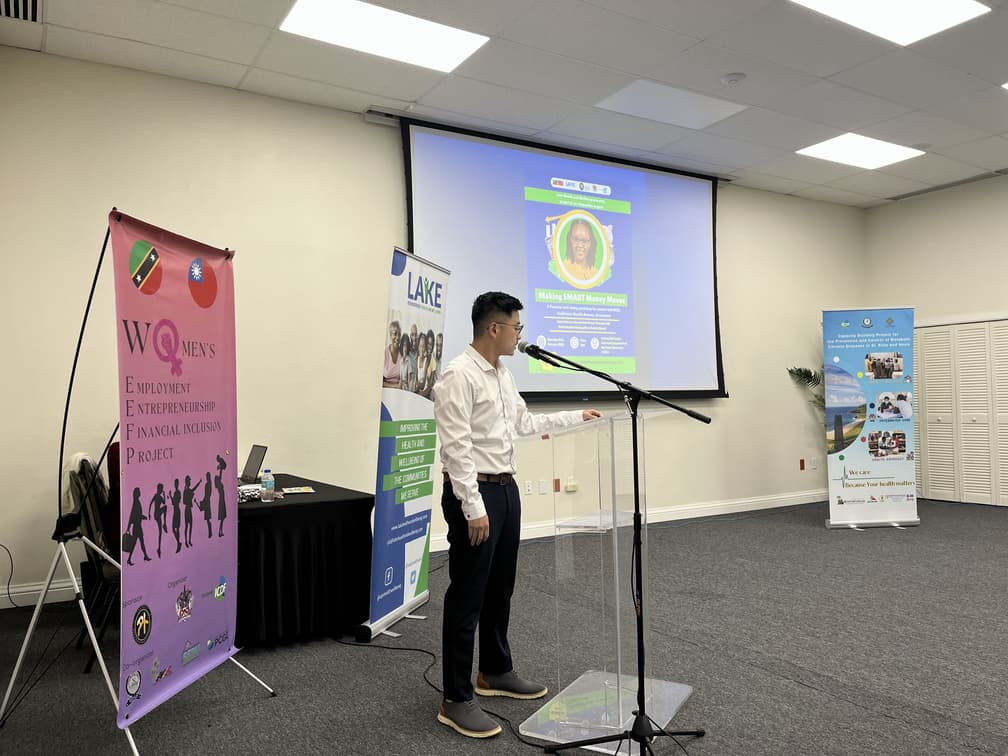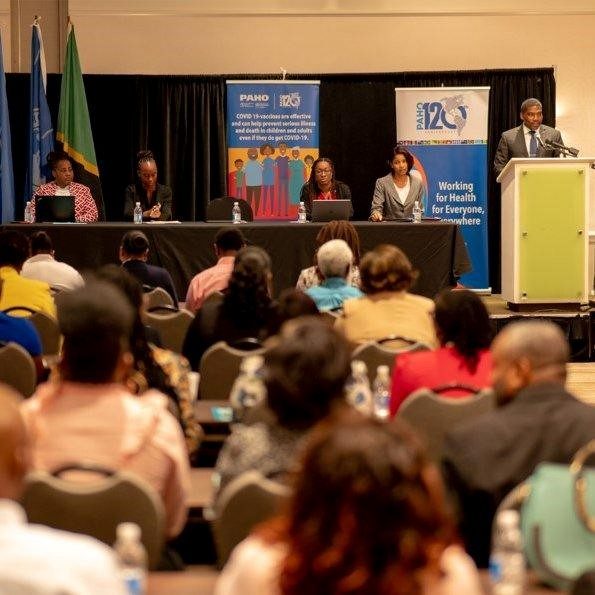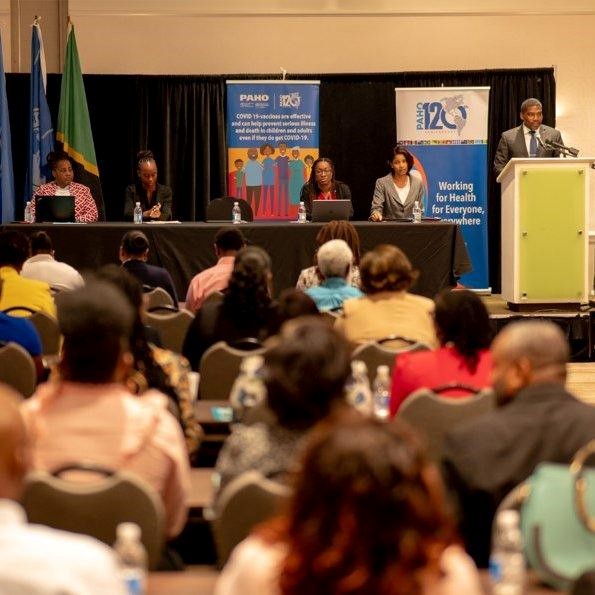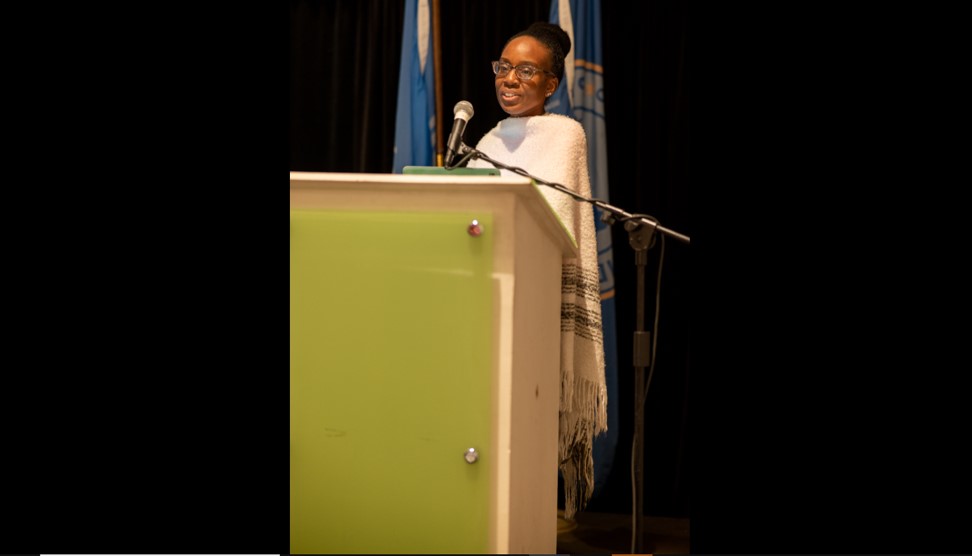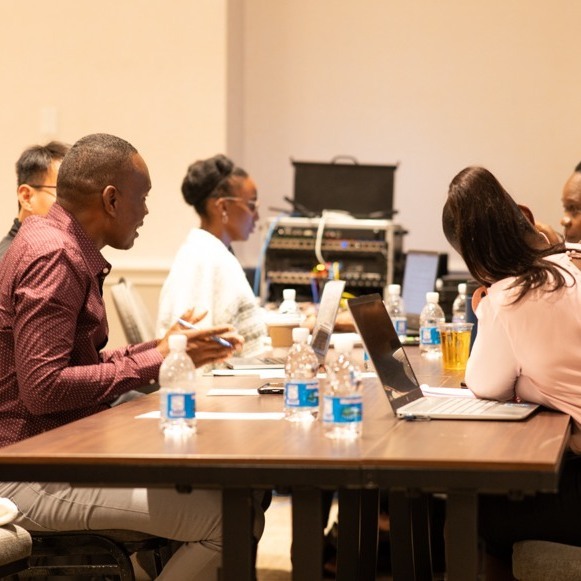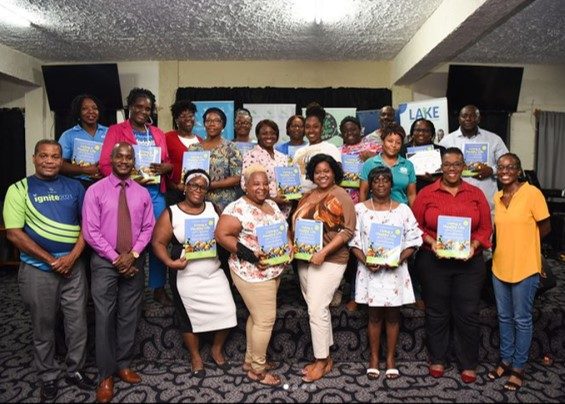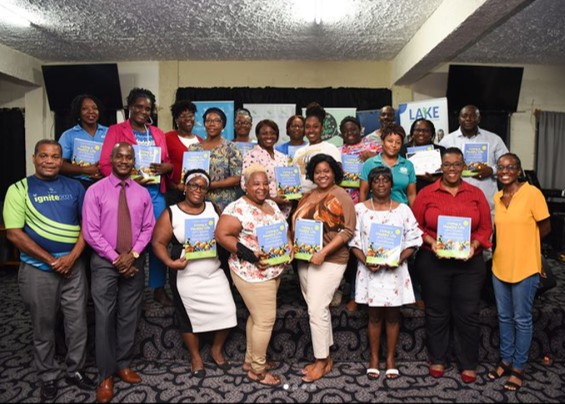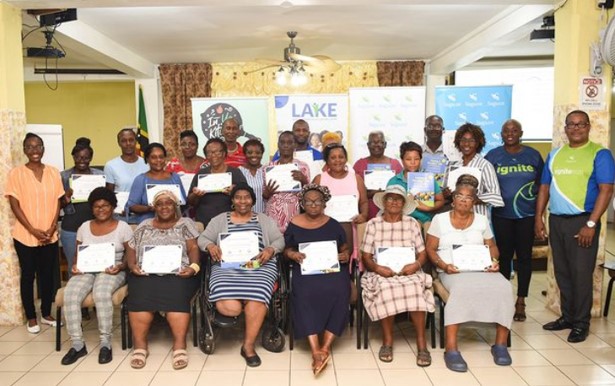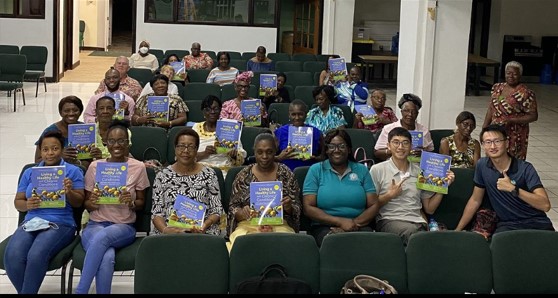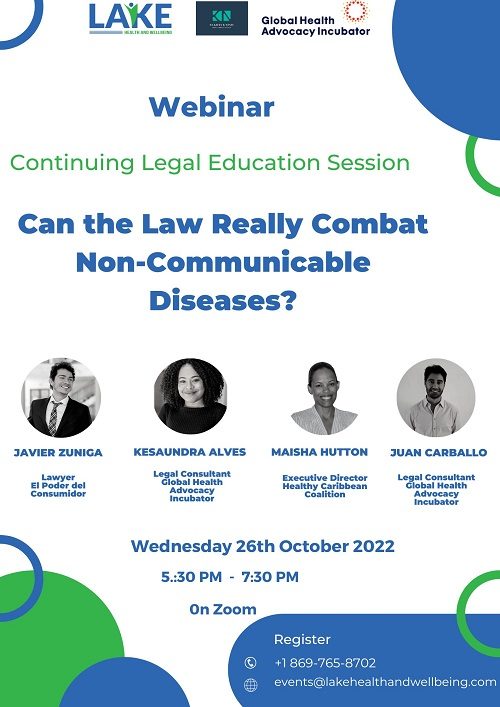Business Idea to Implementation
Empowering women living with non-communicable diseases (NCDs) is a vital aspect of promoting health equity and addressing the growing burden of NCDs. In keeping with this, the EmpowHer project organised a workshop titled “Entrepreneurship 101: Business Idea to Implementation,” aimed at equipping women living with NCDs with the skills and knowledge needed to start their own businesses. The workshop was facilitated by Dr Tamu Browne, the founder of Coaching by Tamu and an expert in women’s entrepreneurship. In this blog post, we will explore why women with NCDs need to have good entrepreneurial skills and the key takeaways from the workshop.
Women living with NCDs face many challenges, including the need for regular medical care, managing symptoms, and balancing work and family responsibilities. However, entrepreneurship can be an empowering way for women with NCDs to take control of their lives and achieve financial independence. Developing NCD-friendly businesses that fit their personal circumstances is an excellent way for these women to create sustainable income streams that can help them manage their health conditions more effectively. This approach is important because it recognises that women with NCDs have unique needs and challenges that must be taken into consideration when developing a business plan. For example, a woman with mobility issues may need a business that allows her to work from home, while a woman with dietary restrictions may want to focus on creating healthy meal delivery services to address the challenges that she has identified through her own experience.
During the workshop, Dr Tamu Browne emphasised the importance of identifying a business idea that aligns with one’s passion, skills, and experience. She highlighted the need for entrepreneurs to have a clear understanding of their target market and the competitive landscape in which they will operate. Participants were also encouraged to identify potential challenges and develop strategies to overcome them.
One of the key takeaways from the workshop was the importance of leveraging technology to ensure their businesses stand out and also to improve their business processes. As such, participants also learned about the various tools available to entrepreneurs to improve payment processes and streamline their contact with their customers.
The feedback report from the workshop was overwhelmingly positive, with participants being very satisfied with the workshop and expressing gratitude for the opportunity to learn from Dr Browne’s expertise. One participant wrote, “Awesome job, Dr Tamu. You are inspiring” Another participant praised the workshop’s intimate setting and the full explanations given on each of the topics whilst another said the workshop was “Excellent!”
Participants were enthusiastic about the skills they had learnt and expressed their intention to use them. They felt confident in using the information they had acquired to develop their own businesses. They said they found all the information provided to be useful and that they will be using it to formulate their ideas and put their plans into action. Participants also appreciated the guidance on identifying their target audience and they felt that they now had the tools necessary to properly evaluate their ideas and determine the feasibility of their businesses. Overall, the participants left the workshop feeling inspired and equipped to take on the challenge of entrepreneurship with confidence.
In conclusion, the “Entrepreneurship 101: Business Idea to Implementation” workshop was a resounding success. The workshop’s focus on developing NCD-friendly businesses that fit participants’ personal circumstances was particularly impactful, as it highlighted the importance of empowering women living with NCDs to take control of their lives and achieve financial independence.
Dr Tamu Browne’s expertise in women’s entrepreneurship was invaluable, and the feedback from participants indicates that they left the workshop feeling more confident and motivated to pursue their entrepreneurial dreams.
Our next workshop on Thriving in the Workshop Through NCD Self-Management, led by Ms Vera Edwards-France, is coming up on 1st March at 5:30 pm and we encourage all interested women to register and join us
